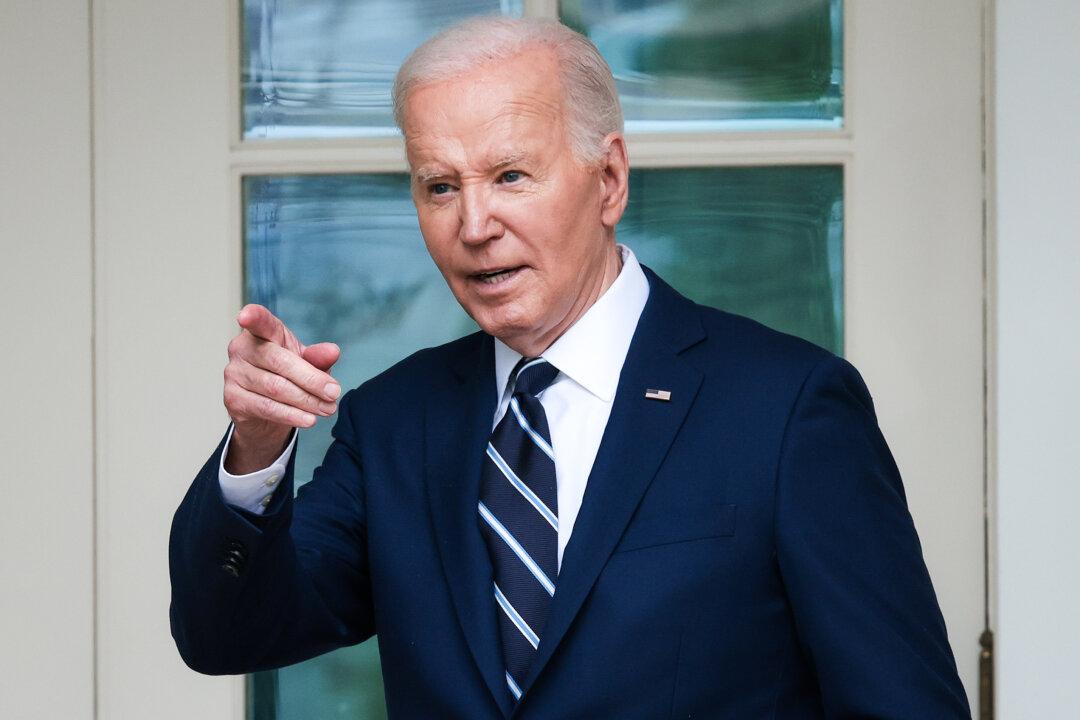WASHINGTON—President Joe Biden has asserted executive privilege over the tapes of his two-day interview with Special Counsel Robert Hur in his probe of the president’s alleged mishandling of classified information.
The tapes are at the center of a dispute between House Republicans and Attorney General Merrick Garland, who has defied a subpoena for them and today faces contempt proceedings.






